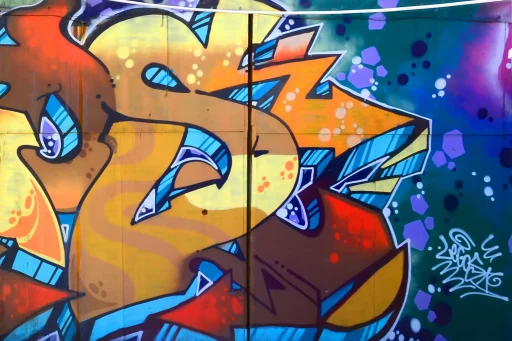Introduction
Language is a living, breathing entity that evolves and adapts over time, taking on new forms and expressions. One of the most vibrant aspects of any language is its slang. In French, slang—known as “argot”—provides rich layers of meaning and cultural insight. This article explores the evolution, examples, and societal implications of French slang.
What is French Slang?
French slang refers to informal words and expressions used by native speakers, often deviating from standard French. It emerges from a mix of regional dialects, youth culture, and influences from other languages, reflecting the dynamic nature of society.
The Evolution of French Slang
French slang has deep historical roots, often reflecting the social changes in France. Key phases in the evolution of French slang include:
- 19th Century Paris: The rise of urbanization led to the development of new forms of argot, influenced by the working-class culture.
- Post-War Generation: The 1960s and 70s saw the emergence of youth slang, which included terms from subcultures like punk and hip-hop.
- Digital Age: The internet and social media have significantly accelerated the spread of slang, allowing new terms to gain popularity quickly.
Popular French Slang Terms
Understanding French slang requires familiarity with specific terms that are commonly used. Here are some of the most popular French slang words:
- Ouf: Meaning “crazy” or “unbelievable,” it’s used to express shock or admiration.
- Bobo: A mix between a bohemian and a bourgeois, often used to describe upscale hipsters.
- Fringues: A colloquial term for clothes, popular among younger generations.
- Meuf: A female friend or woman, derived from the word “femme” (woman). This term flipped the gender perspective!
- Grave: Used to mean “seriously” or “totally.” Example: “C’est grave bien!” (It’s really good!)
Case Study: French Slang in Pop Culture
To illustrate the impact of French slang, we can look at its presence in music and cinema. For instance, the rap genre has heavily influenced language, with artists like Orelsan and PNL incorporating slang into their lyrics, making it accessible to youth culture.
Statistics show that French rap has gained immense popularity, with the market having exploded to represent over 25% of music sales in France as of 2021. This genre not only entertains but shapes the language itself.
Understanding Context
It’s crucial to understand that slang heavily depends on context. In different social settings, the same word could carry varying tones and meanings. For instance:
- Formal Settings: Avoid using slang like “meuf” when addressing someone in a formal situation.
- Local Variations: Slang can differ by region; terms may be popular in Paris but obscure in Marseille.
Statistics on Language Use and Slang
According to a study done by the Observatoire de la Langue Française, an estimated 60% of young French speakers use slang regularly in their conversations. This statistic highlights the integration of slang into daily communication, particularly among younger demographics.
Moreover, around 75% of French high school students admitted to having difficulty understanding their peers due to the rapid evolution of slang terms. This information stresses the importance of staying updated for effective communication.
Conclusion
French slang is an essential component of the language, representing not just informal communication but also cultural values, music, and social dynamics. As language continues to evolve, immersing oneself in the vibrant world of slang can enhance understanding and open doors to richer interactions. Whether you are a learner or a native speaker, embracing the nuances of French slang can be a rewarding experience.






